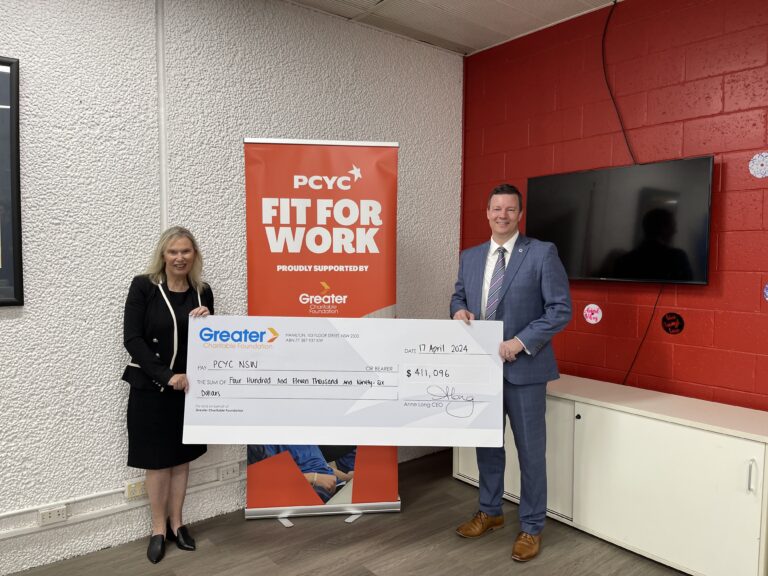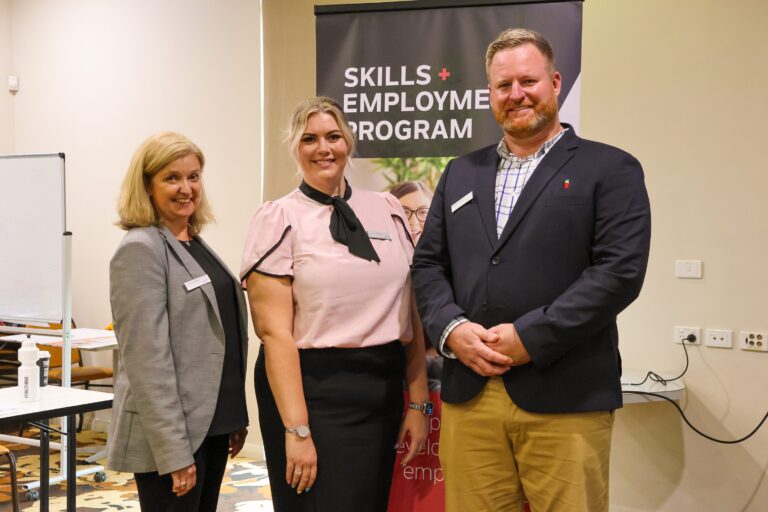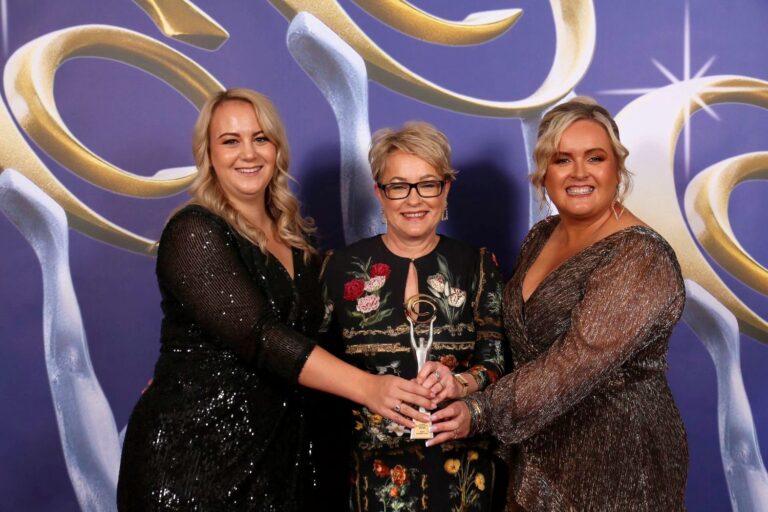Do you read Hunter Headline and think you should share your business story too?
Have you been trying to get your news story on this site or in other media outlets but don’t seem to be getting traction?
Raising your profile through media stories is a cost effective business tool but it is getting harder to achieve. The media is changing, journalists have more to do and more organisations are trying to get their attention. So what can you do to increase your chances of success?
Here are my top three tips.
- Have a good story to tell
Journalists are employed by their bosses to write or talk about news stories not brochures or adverts for your business. Find an angle that is of interest to the readers, viewers or listeners of the media.
Instead of talking about how proud you are of your achievement or innovation, talk about how it will benefit people or the community. Do you have a first, something new, something that will create jobs or make people’s lives better?
Significant achievements or awards, new appointments, innovations or milestones can all be sources of stories. Add some statistics or facts from other credible bodies that enhance the story or your opinion. Giving your opinion or telling news stories that are linked to current hot media or political topics is another way to get yourself in the news.
Make your story timely. Something that happened a week ago or longer is less likely to be news than something that happened today. Make it relevant. A story about business or of interest to businesses is perfect here but not for a seniors or parenting magazine.
- Do some work for the journalist and “pitch perfect”
The less work a journalist has to do to understand and use your story the more likely they will at least consider it.
Write a decent media release or pitch. Learn how media releases are written or look at how journalists write or tell their stories and make your pitches or releases in a similar style. Journalists are busy. The release or pitch needs to get to the point quickly. Tell the story in such a way that the key points are still there if you were to cut from the bottom up. Unlike other forms of business writing you don’t want to follow the “introduction, body, conclusion” format.
A journalist should know the answer to questions such as Who?, What?, Where?, When?, Why? and How? after reading the first couple of paragraphs. Make sure your facts are accurate and as precise as they can be.
Think about picture or vision opportunities to go with your story if you are inviting a journalist to cover it. Have an appropriate quality and relevant image to send with a story or opinion.
- Think outside the square
There are straight news stories on radio, TV, in print or online. You can also write opinion pieces or letters for print or online publications. Offer your expert view for a radio interview. This article is a case in point. Write your own blogs to build up your expertise and following so journalists start to come to you for your opinion. Social media can help too. It is a tool for sharing your news and a place where journalists sometimes pick up story ideas. You can also learn what journalists are interested in and develop relationships with them by following them online.
The fundamentals of media success are the same as other effective communication. Know the audience, make it interesting and keep it simple.
I am sharing these and more media success secrets in a special half day workshop on July 29. Click here for more information.





